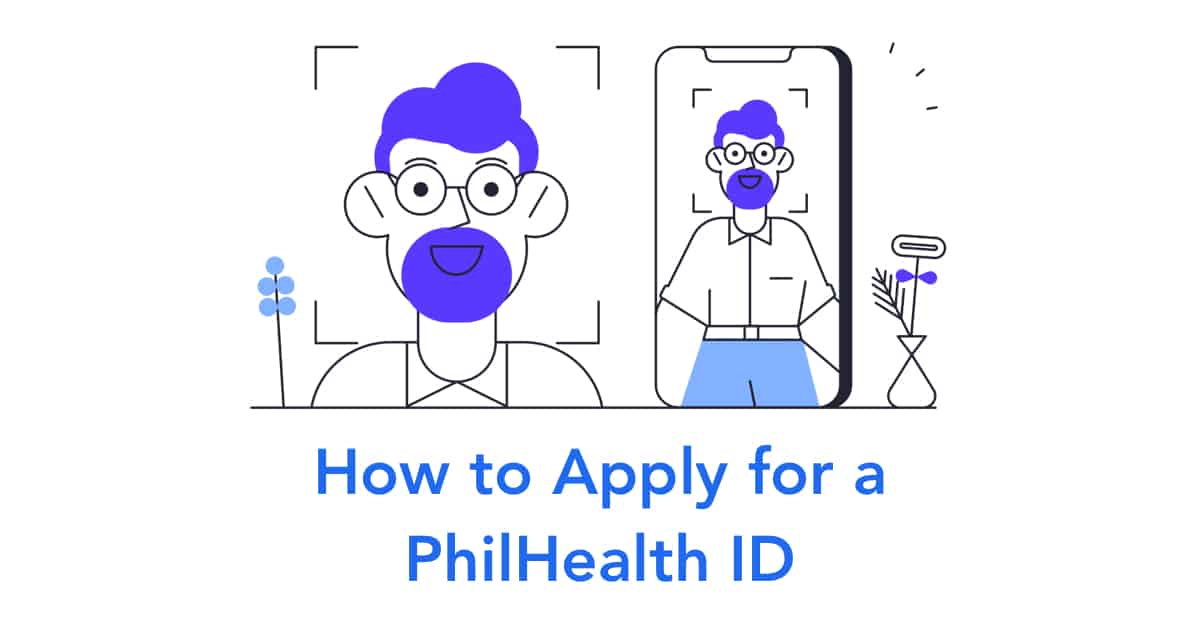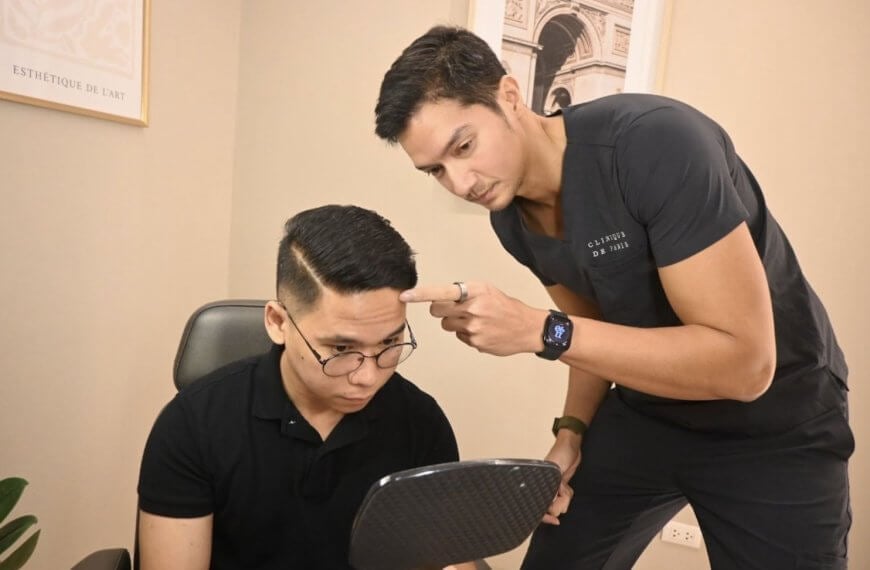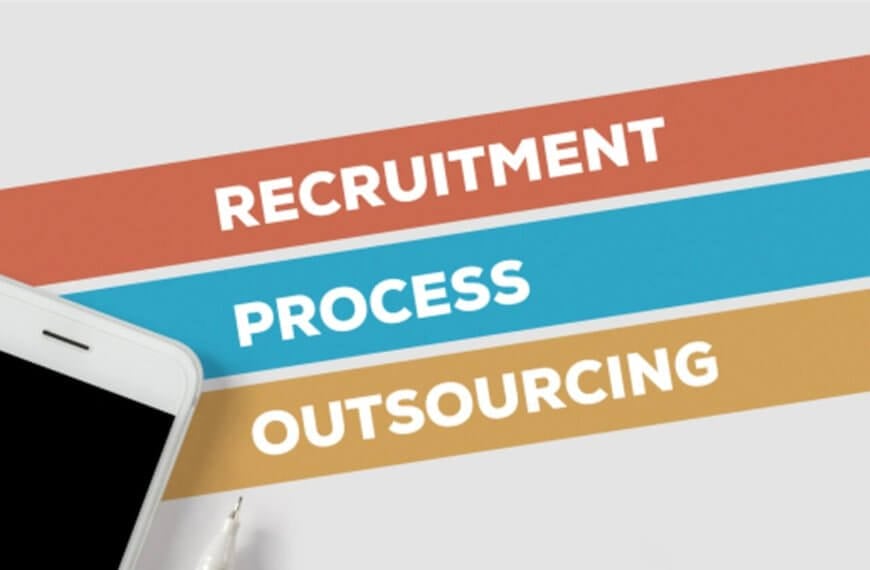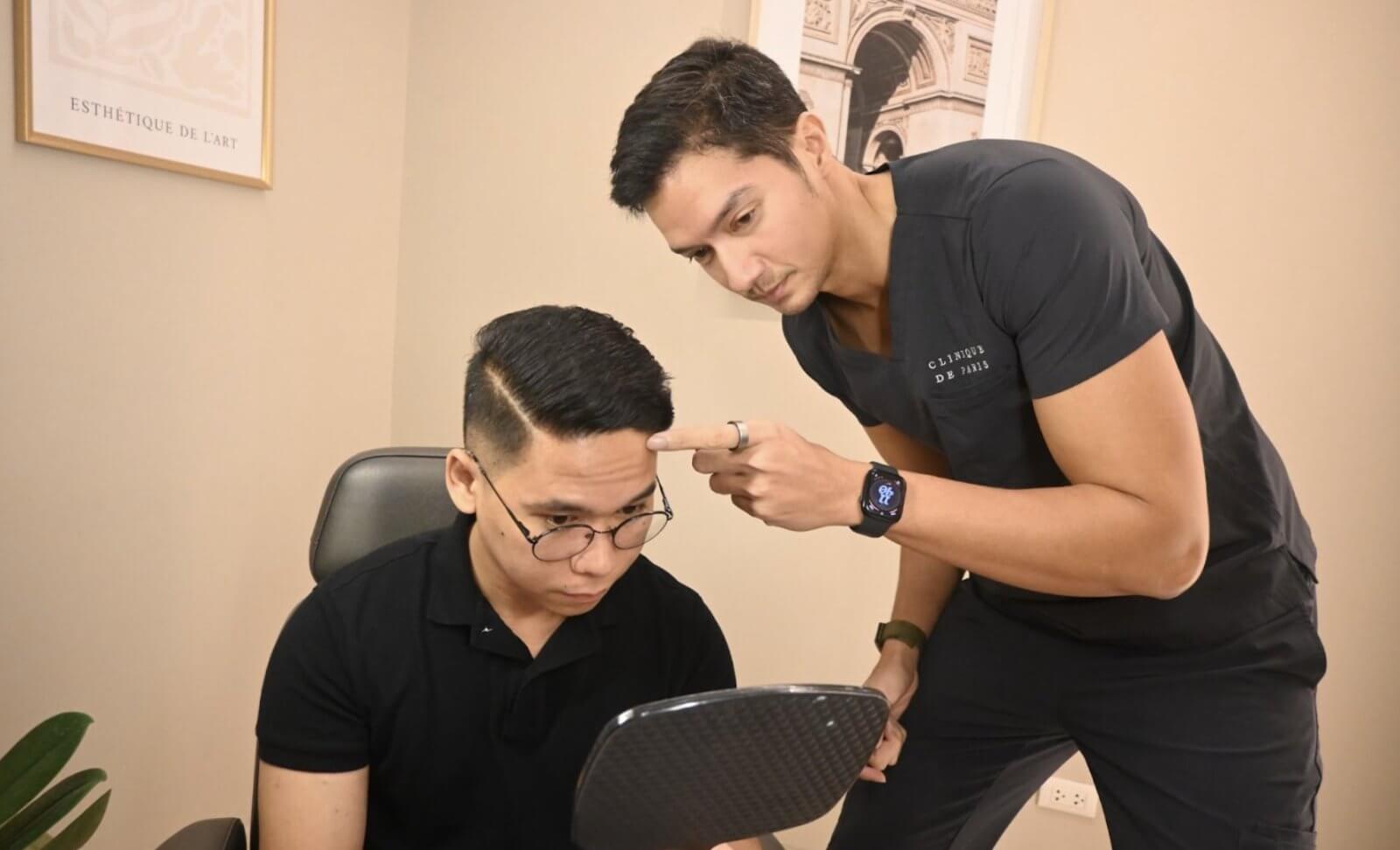by Johanna Patricia A. Cañal, MD, MHA, MSc
Pregnancy can be one of the most wonderful experiences in a woman’s life. At the very least, it is life-altering. It is a 40-week long process that changes a woman’s body and her physiology.
How does one know that she is pregnant? The simplest way to tell is a pregnancy test. This is a do-at-home test that involves a few drops of urine. The instructions on the test kit are simple and easy to follow. Another objective way to tell is to get a transvaginal ultrasound. This test is rather invasive thus it may not be top-of-mind for many women.
But wait, isn’t there a simpler way to tell? Actually, if a sexually active woman’s monthly menstrual periods stop, then there is a chance that she is pregnant. It does not matter if a woman engaged in sexual intercourse once or multiple times. Once is enough if it is done at the correct time during the reproductive cycle. The issue with “I didn’t get my period” is that pregnancy is not the only reason why menstrual periods stop or get delayed. It could be because of medication, an illness or even stress. Yes, a woman should suspect she is pregnant if her period does not come as scheduled, but a test is best to confirm.
Once proven, a woman should see her obstetrician. Many women have countered me on this by saying that women have been giving birth for millions of years. Why see an obstetrician early in the pregnancy? Millions of years ago and up to even just a hundred years ago, maternal deaths during childbirth were unacceptably high. Women were dying during this natural process! Even today, maternal death rates are not as low as we want. Third world countries still have high rates and this is why a visit to the obstetrician should be done as early as possible.
This initial visit is where women get tested for certain diseases, including diabetes, hepatitis, sexually transmitted diseases. It is also where a woman can get counselling from the expert—what to eat, how much weight she can safely gain, what exercises she can do, etc. So, do your baby and yourself a favor and see your obstetrician.
Hello!
This short article is part of a series of articles that is designed to make health care more understandable to non-doctors.
As a way of disclosure, I am a radiologist and a radiation oncologist. My strengths, therefore, are diagnosing illness, particularly cancer, and cancer treatment. Thus, I will be talking about medical tests and what these are about.
I shall also be talking about the dreaded disease, cancer. In the 2nd decade of the 21st century, cancer is the #4 cause of death worldwide. NUMBER 4! It used to be #10. It has obviously been going up. The number 1 and 2 killers are cardiovascular diseases…translated into heart attacks and strokes. Number 3 is pneumonias and lung diseases.
The previous century was known as the century of infectious diseases. The most common causes of disease and death were bacterial and viral pneumonia and tuberculosis. The present century is the century of the lifestyle disease. That is, infections don’t play as big a part as lifestyle diseases. What are those? Heart disease, strokes, cancers and injuries/accidents.
But then again, the 21st century has just started, and we already have a pandemic. One never knows what will happen in the next 10, 20 or 30 years. Thus, this series will discuss a range of topics, hopefully the topics most relevant to you.
If there is a topic that you want clarified, please do drop me an e-mail at [email protected]. Please just fill in the subject line with: [SULIT] Your question

Johanna Patricia A. Cañal, MD, MHA, MSc
























